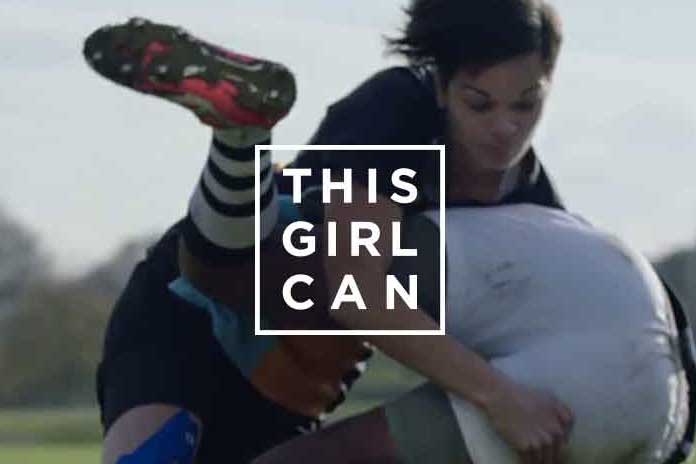It is hard to think of an ad campaign I have felt more passionately about in the past 10 years than the inspirational "This girl can" by Sport England. So, to learn that it is set to continue using only "digital and social" and without the TV advertising that was so central to its success, is saddening and a little maddening.
This isn’t because I want TV on every media plan so more money comes in, nice though that might be. This is because I want this campaign to continue to succeed as well as it possibly can. The evidence shows TV is most likely to do this.
TV advertising was not the only component of the campaign – TV, cinema, outdoor, social and audio all worked together – but it was undeniably the face of the campaign, its focal point and its engine.
FCB Inferno’s excellent TV ads were watched more than 800 million times on TV, plus more online, and they helped fuel all the other elements of the campaign, such as the Twitter hashtag #thisgirlcan. It was a public service campaign genuinely seen by the public. TV made the campaign famous – and gave it the emotional power that motivated so many people.
So, it is surprising that Sport England has decided not to include TV advertising in the next phase of the campaign. It doesn’t have to use TV of course but, given its centrality so far, it is a surprise.
It is well known that TV advertising is a hard sell to government. As with all government decisions, inevitably advertising is partly a political decision.
TV’s curse is that it is perceived as being expensive, despite being proven to be the most cost-efficient form of advertising, and politicians are wary of being seen to splash public cash. No amount of evidence that the investment will pay for itself many times over will mitigate this. TV is often seen as too public an investment for politicians. This is part of the reason why the government set up its Behavioural Insights Team or Nudge Unit in 2010, around the same time it dramatically slashed its advertising budgets and then eventually closed the Central Office of Information.
So, it is perhaps a triumph that TV was signed off for "This girl can" in the first place (great work by Carat then MediaCom to make the case).
One of TV’s other strengths – its long-lasting effects in our collective cultural memory – will hopefully help the next phase of the "This girl can" campaign. The previous campaigns have created a momentum which is ongoing. New activity will be fresh seeds planted in already fertile ground.
Obviously, Sport England can do whatever it chooses. And I really hope "This girl can" continues to change behaviour for the better. But the likelihood is that the campaign will be less effective than it could be. And the body language is damaging too, suggesting as it does that not using TV is now the better thing to do, when actually it is a decision driven by politics and budgetary pressure, with Sport England having other investment priorities beyond encouraging more women to have active lifestyles.
The reason given for the change in approach is that it will be cost-effective. This is the same reason given at the time for closing the COI and setting up the Nudge Unit. But it feels likely that this is more about cost than effectiveness and I hope they return TV to the plan again in the future to ensure many more girls do.
Lindsey Clay is chief executive of Thinkbox


